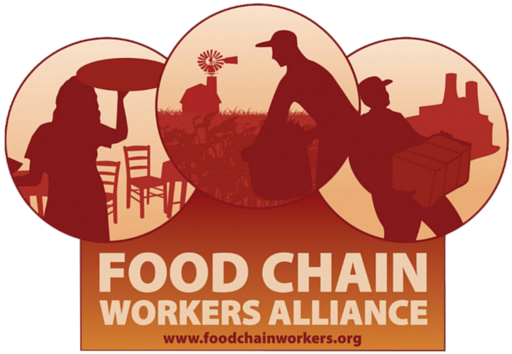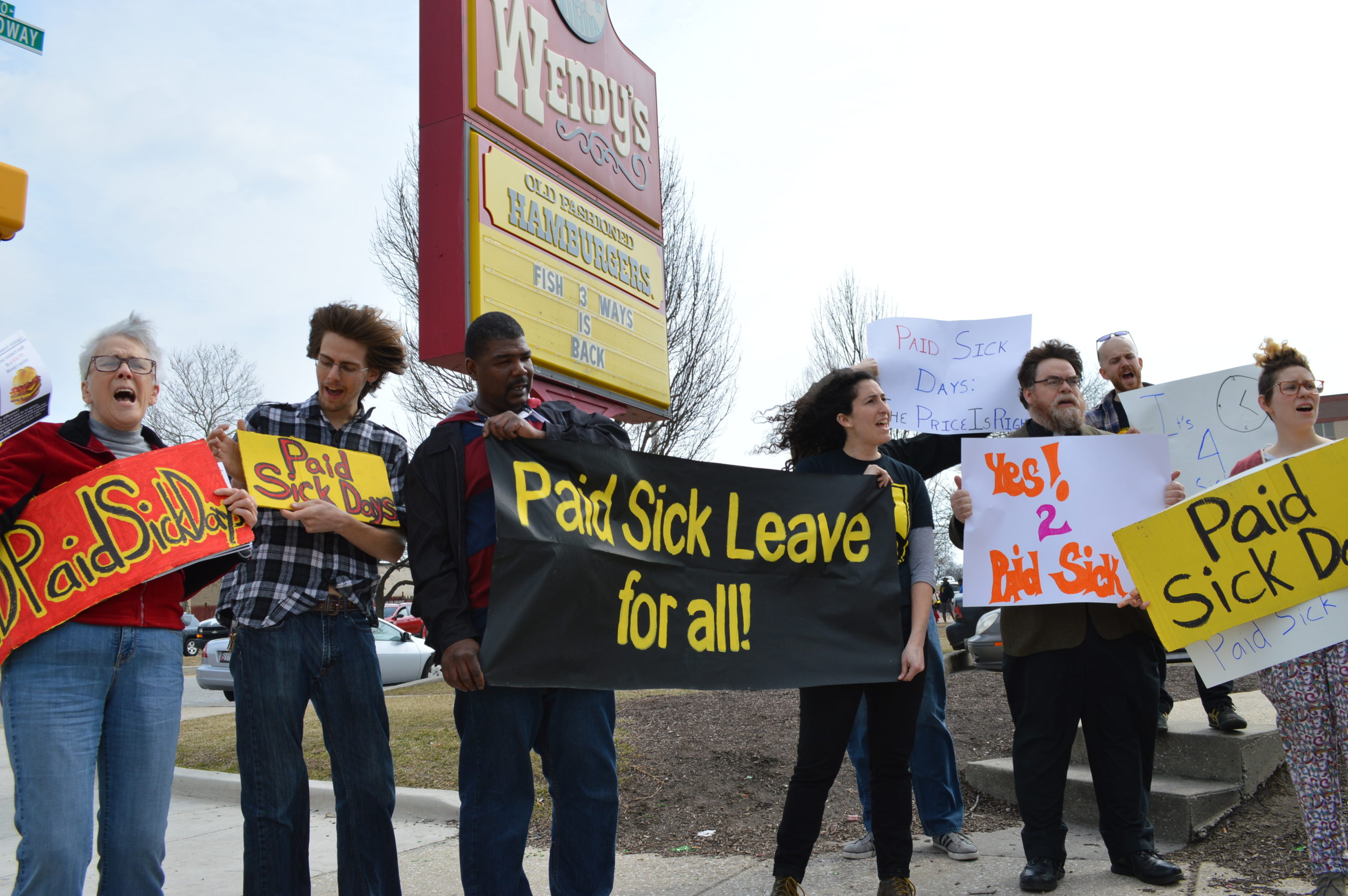Food workers are on the front line of the current public health crisis and the resulting economic crisis surrounding the Coronavirus pandemic, along with other precarious workers. Food workers who serve, deliver, distribute, process and harvest our food are doing critical work and are not in a position to follow public health guidance to work from home or maintain social distance, and are very unlikely to have access to paid sick days.
The pandemic is illustrating how strong social safety nets, workplace protections, and public health measures benefit everyone. We know that food workers who don’t have paid sick days and cannot count on other workplace protections, potentially put consumers at risk when they are forced to come to work when they are ill.
Furthermore, many food workers are already working in dangerous and low-paid jobs, or, like restaurant workers, reliant on tips to survive and now facing the financial repercussions of slow business and numerous cancelled events. Food workers who deliver food or groceries through the gig economy are often misclassified as independent contractors and frequently do not have access to workplace protections, paid sick days, or unemployment insurance. The broken healthcare system in the US means many food workers do not have access to health insurance and quality healthcare. For farmworkers who work seasonally, there may be no work to go back to by the time the crisis lifts.
Data shows that workers of color are far more likely to be paid poverty-level wages than white workers, meaning the impact of this crisis on them and their families is likely to be greater.
In the supply chains of multinational corporations around the world, workers are producing food destined for supermarkets and restaurants in our communities. From melon workers in Honduras to seafood industry workers in Thailand, many of these workers are denied their internationally-recognized rights to freedom of association, which makes it all the harder for them to raise their voices when they do not have paid sick leave.
FCWA members, and other food workers nationally, are lifting up and winning important demands in this critical moment.
- Walmart workers, organizing with United for Respect, launched a petition and won an initial paid sick leave policy from Walmart this week.
- Restaurant workers are pushing to be included in One Fair Wage legislation in New York State and for restaurant chains to provide paid sick leave.
- Pioneer Valley Workers Center is calling on employers to sign a Solidarity Pledge for Paid Sick Days
- Amazon warehouse workers are demanding payment for lost wages and paid sick leave.
- Workers and allies are calling on city, state, provincial and federal governments to enact paid sick leave policies (such as is included in the Families First Coronavirus Response Act or Healthy Families Act) and related policies to protect and support vulnerable workers and communities.
It is urgent that all levels of government act quickly to ensure that food workers and all workers are guaranteed:
- A minimum of 15 paid sick days per year leave for all workers regardless of size of workplace, and additional paid leave for all workers
- Additional paid sick days for all workers when there is a public health emergency.
- Safe workplaces and fair working conditions, including adequate safety equipment for workers free of charge.
- The protection and expansion of the right to organize, enabling food workers to meaningfully exercise their labor rights
- Access to an emergency fund for those who are experiencing a loss or interruption of earnings, regardless of immigration status
- Access to unemployment insurance regardless of immigration or employment status
- Healthcare for all, regardless of immigration status
- A halt on evictions and utility shut-offs
- Immediate moratorium on all immigration enforcement, including repatriations and deportations of guest workers and non-status migrants
- A removal of restrictions on work permits for guest workers and migrant workers who have been laid off or terminated
- Special supports for workers in crowded and substandard employer-provided housing
- Financial support for small businesses who experience hardship as a result of the public health crisis.
Further resources:
- Council of Global Unions (CGU) Joint Statement: COVID-19 Urgent Economic Stimulus and Workplace Measures Required
- NDLON: Worker & Migrant Justice Response to the Coronavirus
Photo: United Workers

